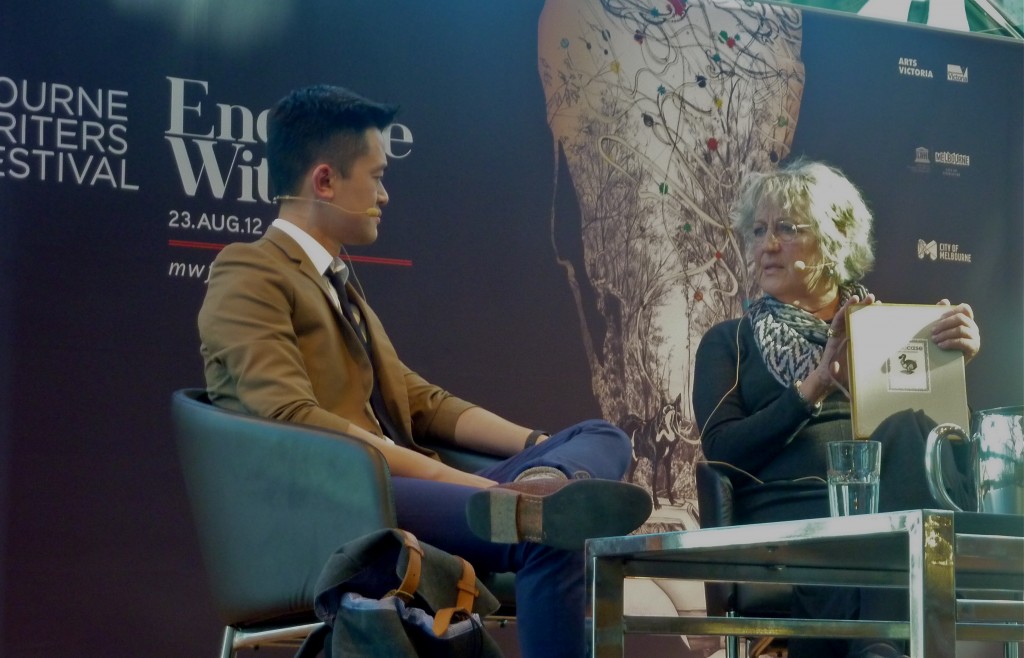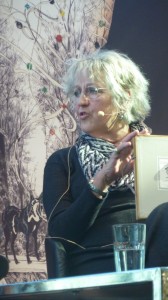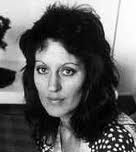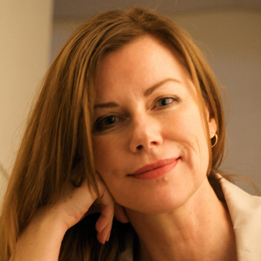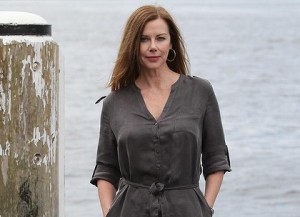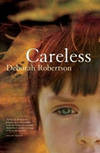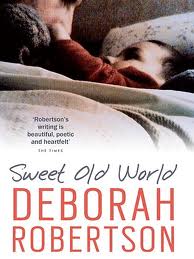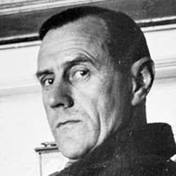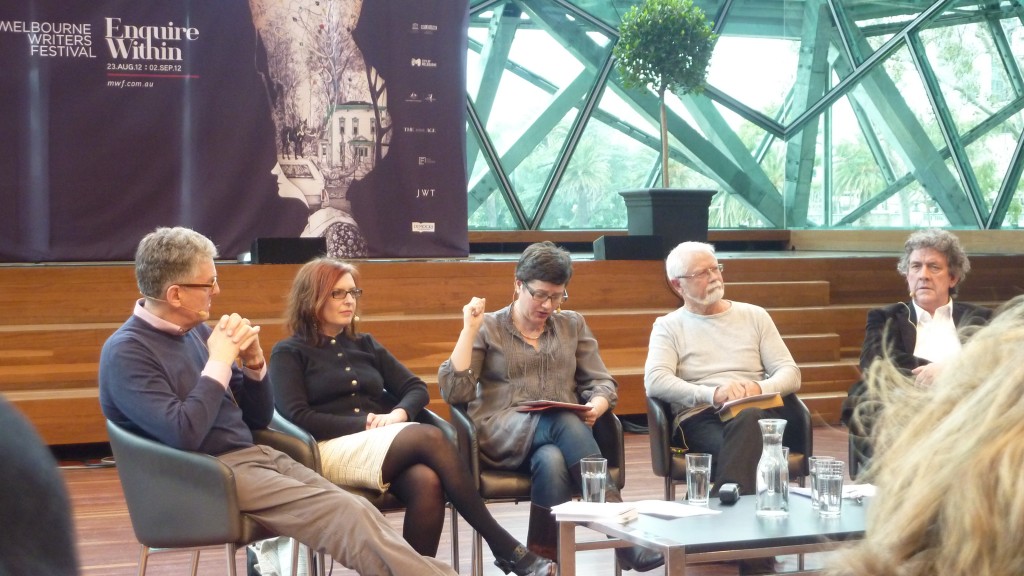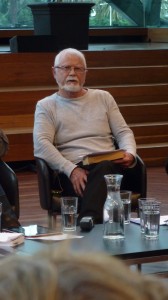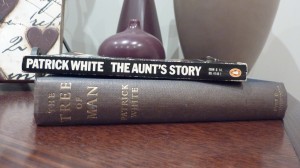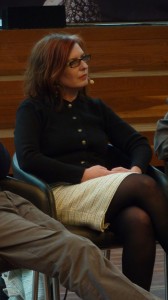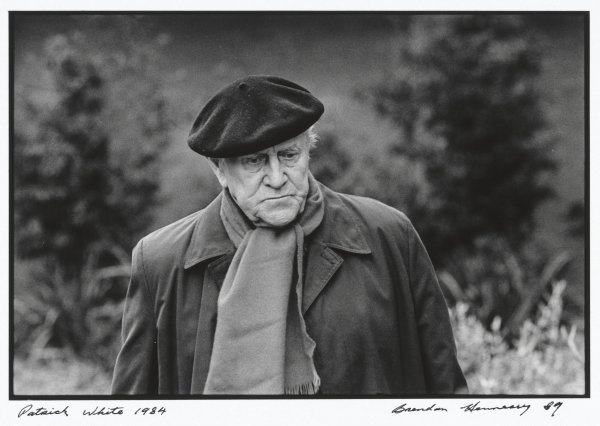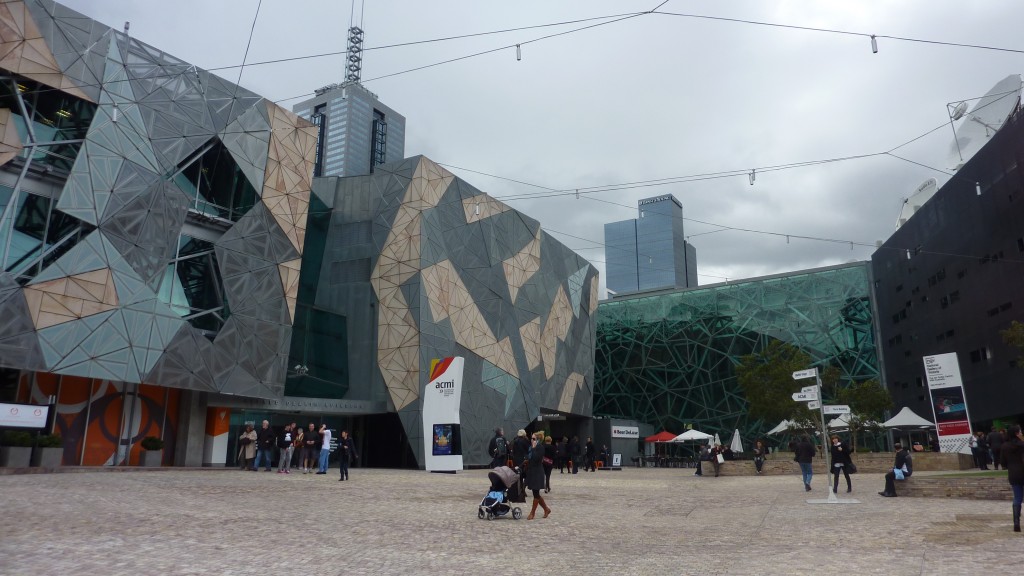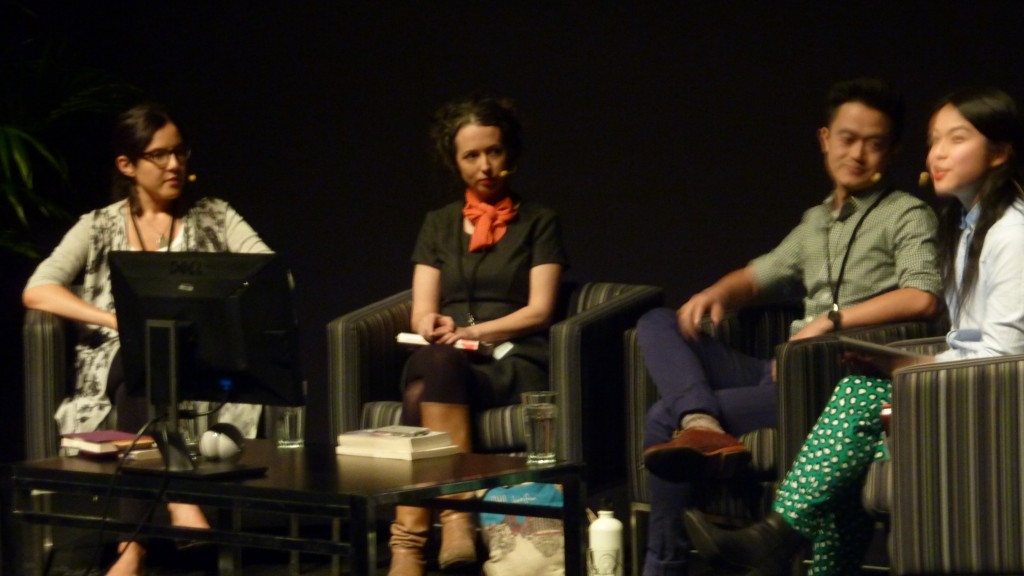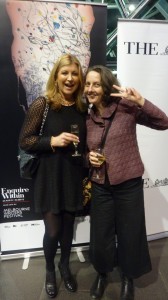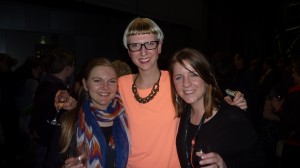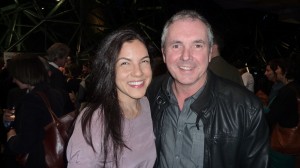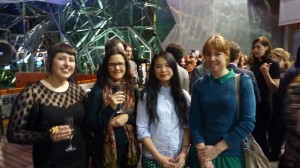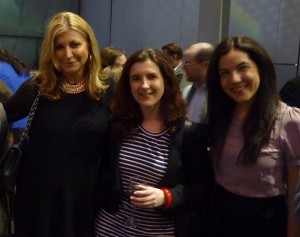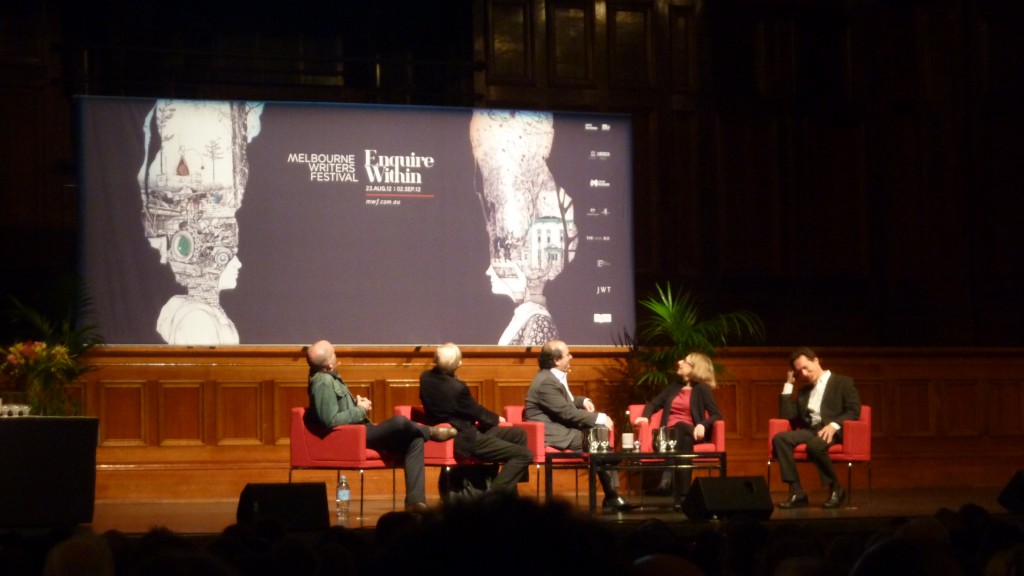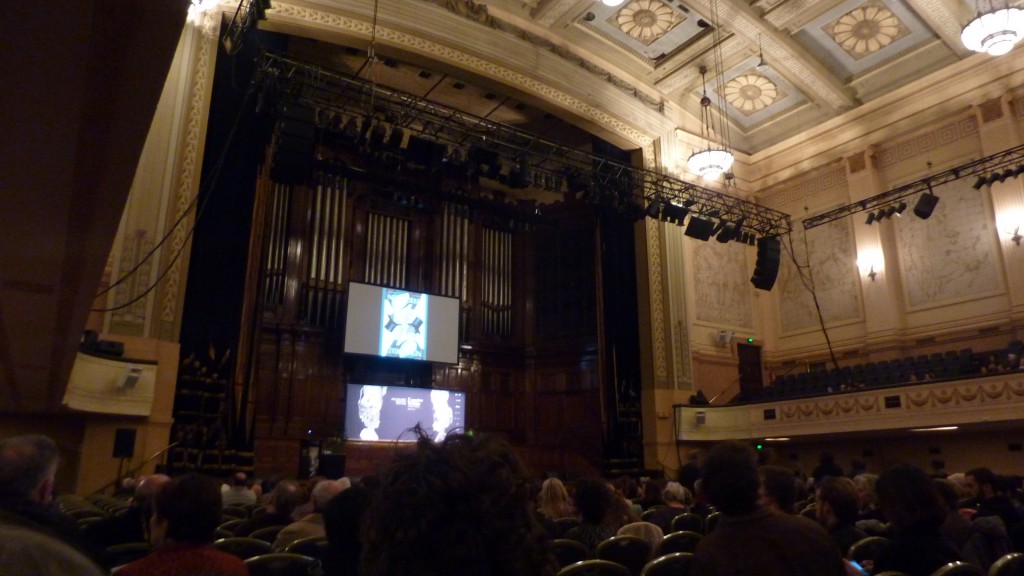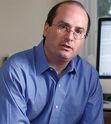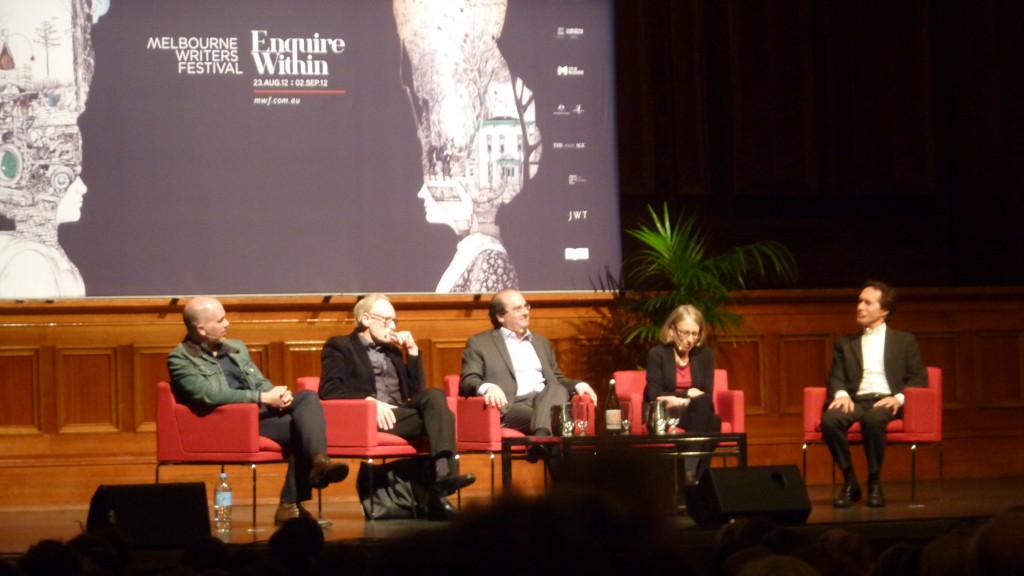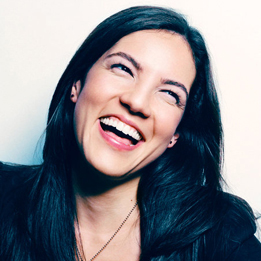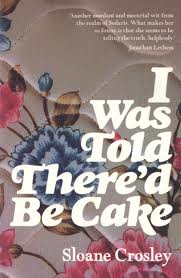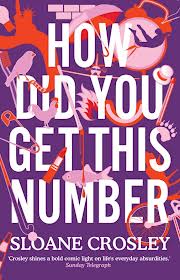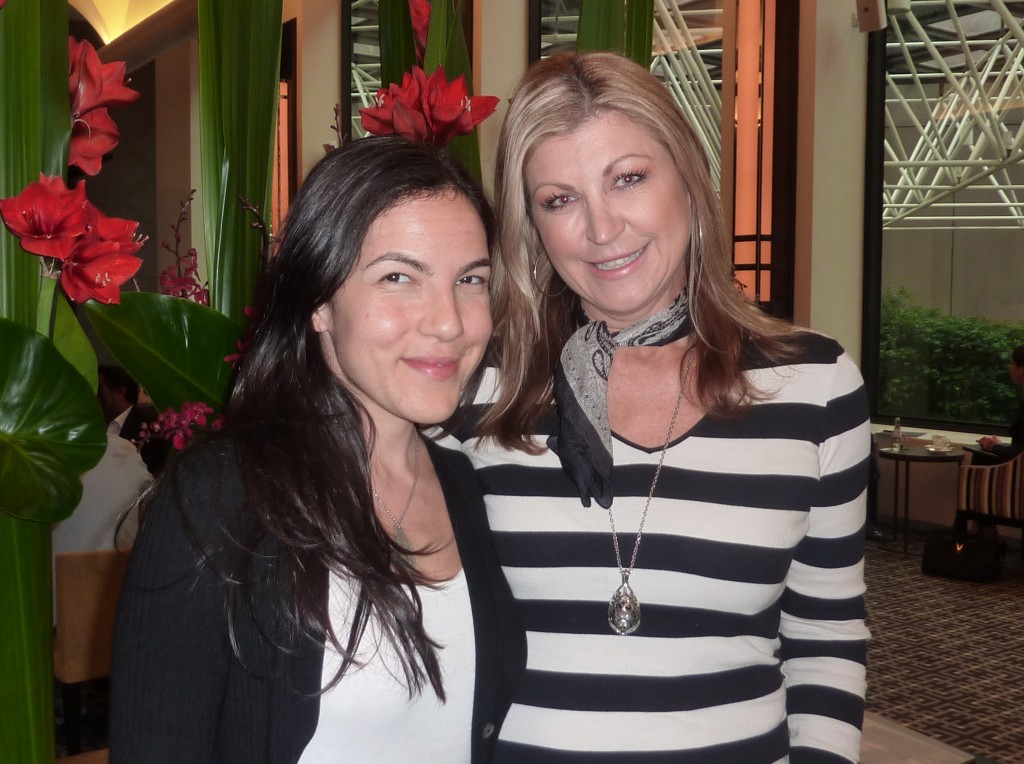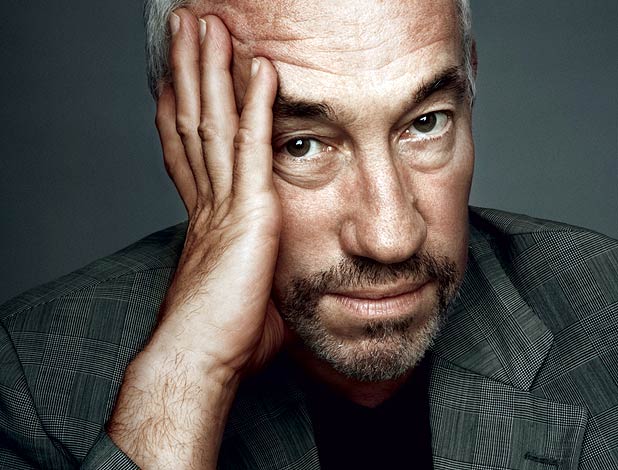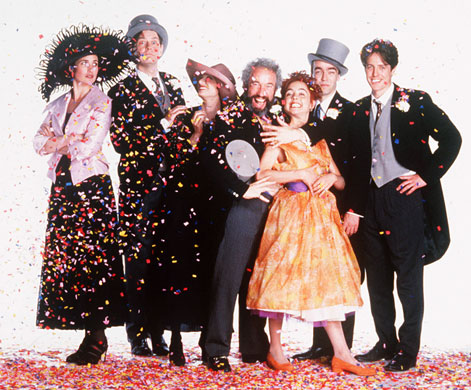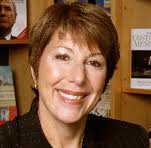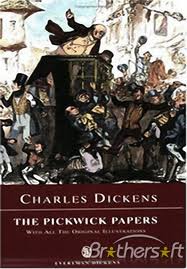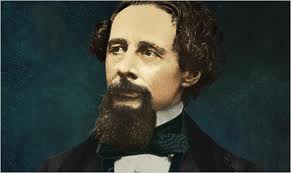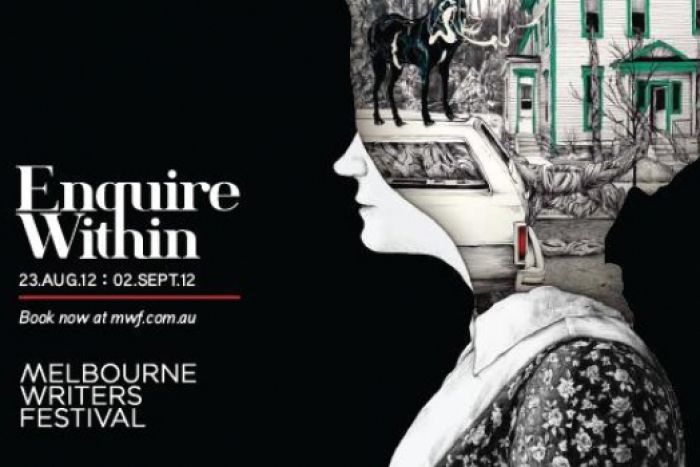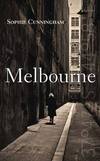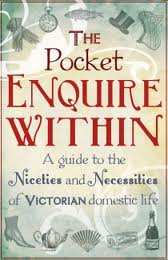Much has been said about feminist academic Germaine Greer in the past week and not much of it has been nice. Much of the hysterical criticism stems from Greer’s performance on the ABC’s QandA panel show last week. Comments she made about our PM’s backside and female genital mutilation have been met with SHOCK and HORROR and bandied about in newspaper headlines with great disgust — often taken out of context.
Keeping an open mind, I headed to a Melbourne Writers Festival session last Friday where Greer was to be interviewed by Benjamin Law about her life and passions. I was curious to see for myself. Was this iconic dynamo going to prove her critics right by ranting like a lunatic, or would she shine like the beacon of forward thinking that thousands claim her to be? Is all the brouhaha merely evidence that those in the privileged position of having a public voice can’t help but subscribe to our cultural sport of slashing down tall poppies to a dirt-eating level?
The interview started with an entertaining account from Greer about how she posed naked, ankles behind ears, for a university-produced magazine Suck. This evoked much laughter from the audience – the woman has a witty and self-deprecating sense of humour.
Then onto more serious matters, where in an erudite and passionate manner, she provided an impressive discourse on a wide range of topics.
Female genital mutilation wasn’t one of them, so I can’t pass judgment about that particular controversy, but if you’ve read that Greer almost condones the practice, you might be best off taking a look at a piece written by academic Dr Camille Nurka, a Lecturer in Gender Studies at the School of Social and Political Science at Melbourne University.
http://theconversation.edu.au/female-genital-cosmetic-surgery-a-labial-obsession-9119
Instead of discrediting Greer with losing the plot, Nurka says Greer talked about the issue with much tact and sensitivity.
But back to the Festival Session. I’m not going to quote Greer at great length — rather, give you in point form six reasons why she won me over on the day.
(1) Greer hasn’t read Fifty Shades of Grey.
‘I’m not interested in 50 Shades of Grey. I’m not interested in fucking, buggery or spanking. Life’s too interesting to go into someone else’s suburban bedroom and start snuffling about. The ground is already so well trodden on all of this. And sado-masochism is something I dread in a way, because I’ve seen what happens in sadistic relationships and it’s horrifying. The fact is they become hooked on basic humiliation and crave it, which to me is horrifying, ghastly.’
(2) She made some excellent points about why our rape laws are archaic and need to be re-written, which would lead to a higher rate of prosecution.
‘There are very few convictions because rape is so hard to prove. … We should abandoncriminal rape and have a single law of sexual assault and then include everything that could possibly happen under that.’
(3) Her views on marriage.
‘Marriage is a mess as a social institution. You don’t know what you’re getting into because it’s a contract with no clauses and you don’t know what they are till you’re in the divorce courts. We need co-habitation agreements, which list clauses about children, money, sex etc… I was married for three weeks and then thought, hell, I’m not going to hang around for any more of that shit.’
(4) Her explanation regarding the comments she made about PM Julia Gillard’s dress sense.
‘I spoke for twenty minutes about what a great job she was doing as Prime Minister, then I make one flippant remark and that’s all anyone talks about. I’ve got the same figure as Julia – narrow shoulders and a fat arse. … Labor is putting too much pressure on her to be decorative and UN-serious. She should just wear what she’s comfortable in – plain suits – and get on with the job.’
(5) She promotes eco-feminism and getting back to nature.
‘Ideally, we should all try to have a small apartment in the city and a patch of earth in the bush which we try to get back to what it used to be in its natural state.’ (Spending time with nature)…it brings rewards in terms of solace. It doesn’t fix things, but it makes them easier to bear.’
AND MY FAVOURITE…
(6) Do Less Housework. Greer says women put too much pressure on each other to maintain an overly hygienic and picture-perfect home.
‘It’s okay to be dirty! STOP cleaning the house! It’s important every now and then, to be dirty.’
Hear, hear!! I’m throwing out the vacuum cleaner and washing detergent as I type.
While I didn’t agree with everything Greer said, I did admire her style, charisma and vigour. At least she’s original and dynamic, and in a world populated by sycophants who just want to please the crowd, it’s refreshing to hear someone who says what they like. And she gets us talking.
There’s a quote I remember reading from Greer many years ago, where she said, ‘I grew up thinking there was one unpardonable sin – to be boring.’ That, she never will be. Perhaps that’s why she never apologises for the controversies she causes either– and I like that too.
At the end of the session, several young groupies, armed with newly bought copies of The Female Eunuch, descended upon the stage for autographs. I could hear whispers from those who loved the session and some who were disappointed. Personally, I don’t see Greer as an ‘icon’ perched on a pedestal as high as the Rialto, but nor do I wish to kick her in her ‘fat arse’ for expressing a point of view. The woman did, after all, write a book that paved the way for the feminist movement and you’ve got to give her credit for helping to shape history.
I enjoyed her company for that hour, but afterwards, I didn’t want an autograph. Instead, I would love to have gone to the pub with her for a chinwag over a wine of two. With a person – not a hero, nor a villain. Now that could have been a very interesting night.

